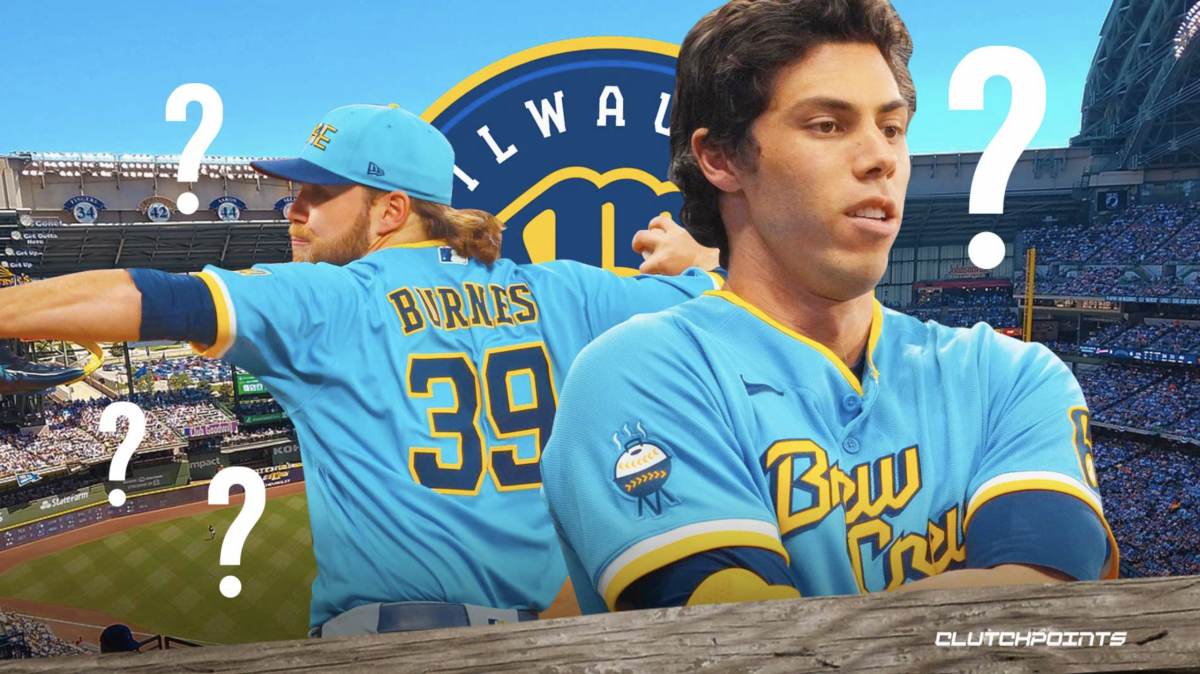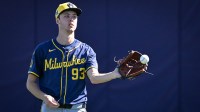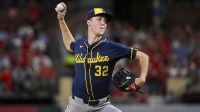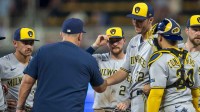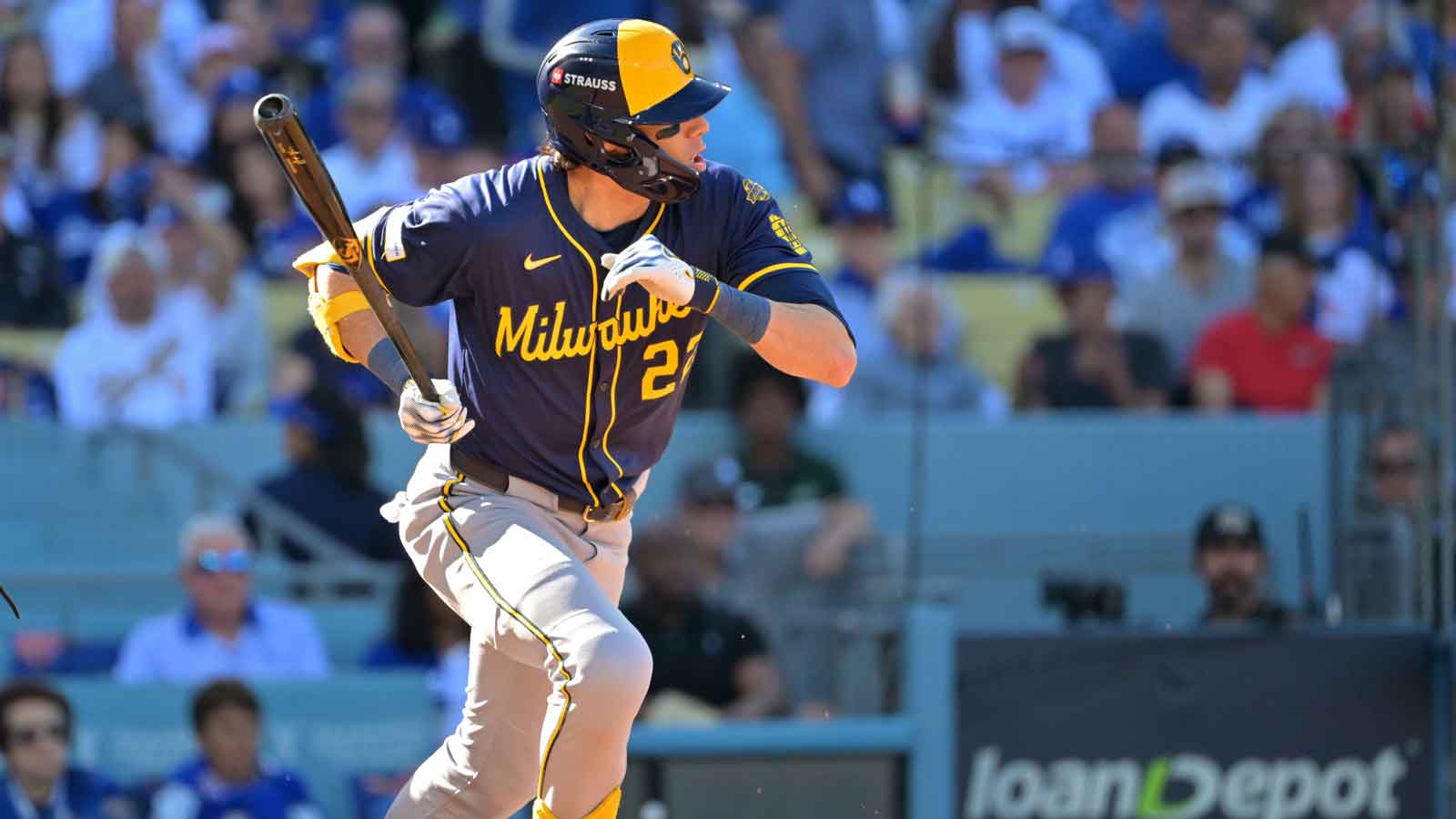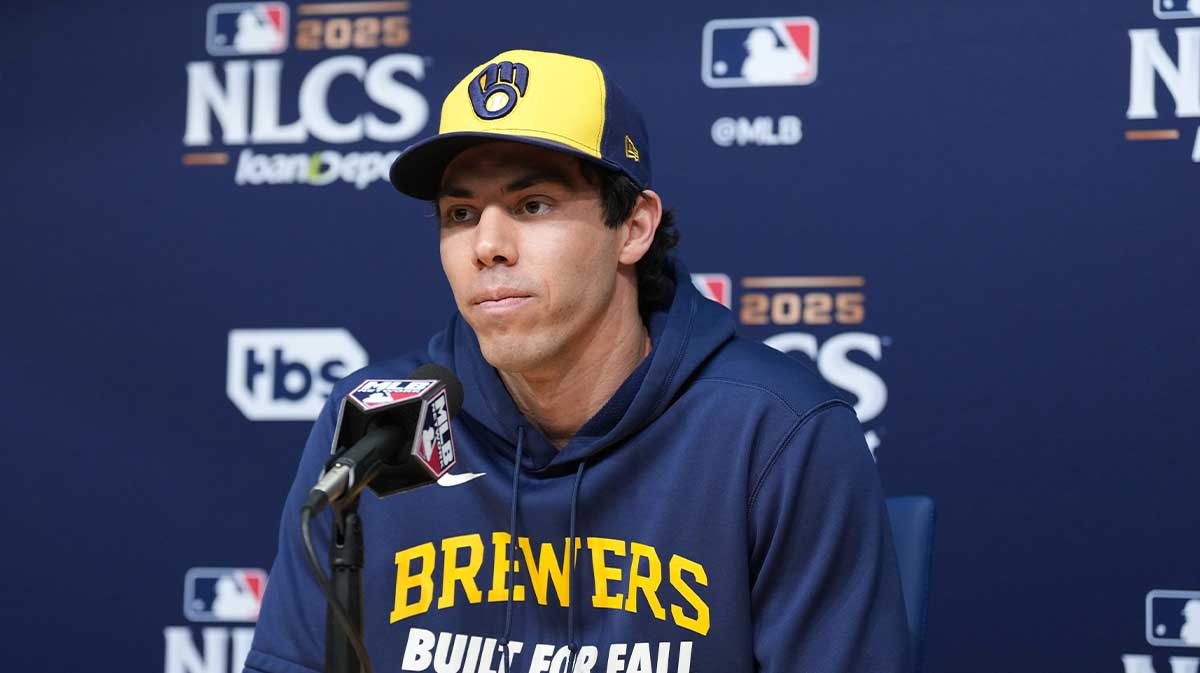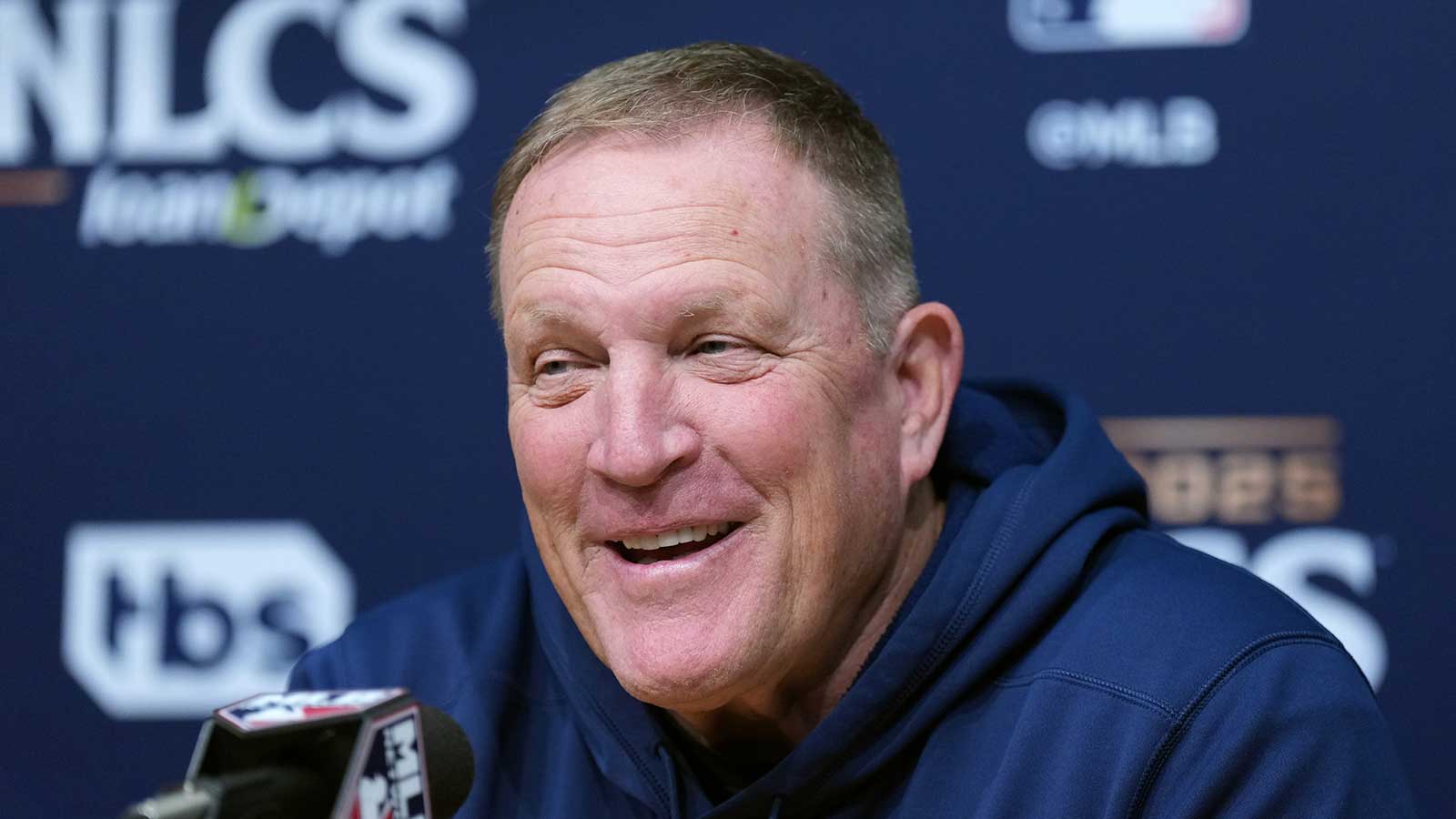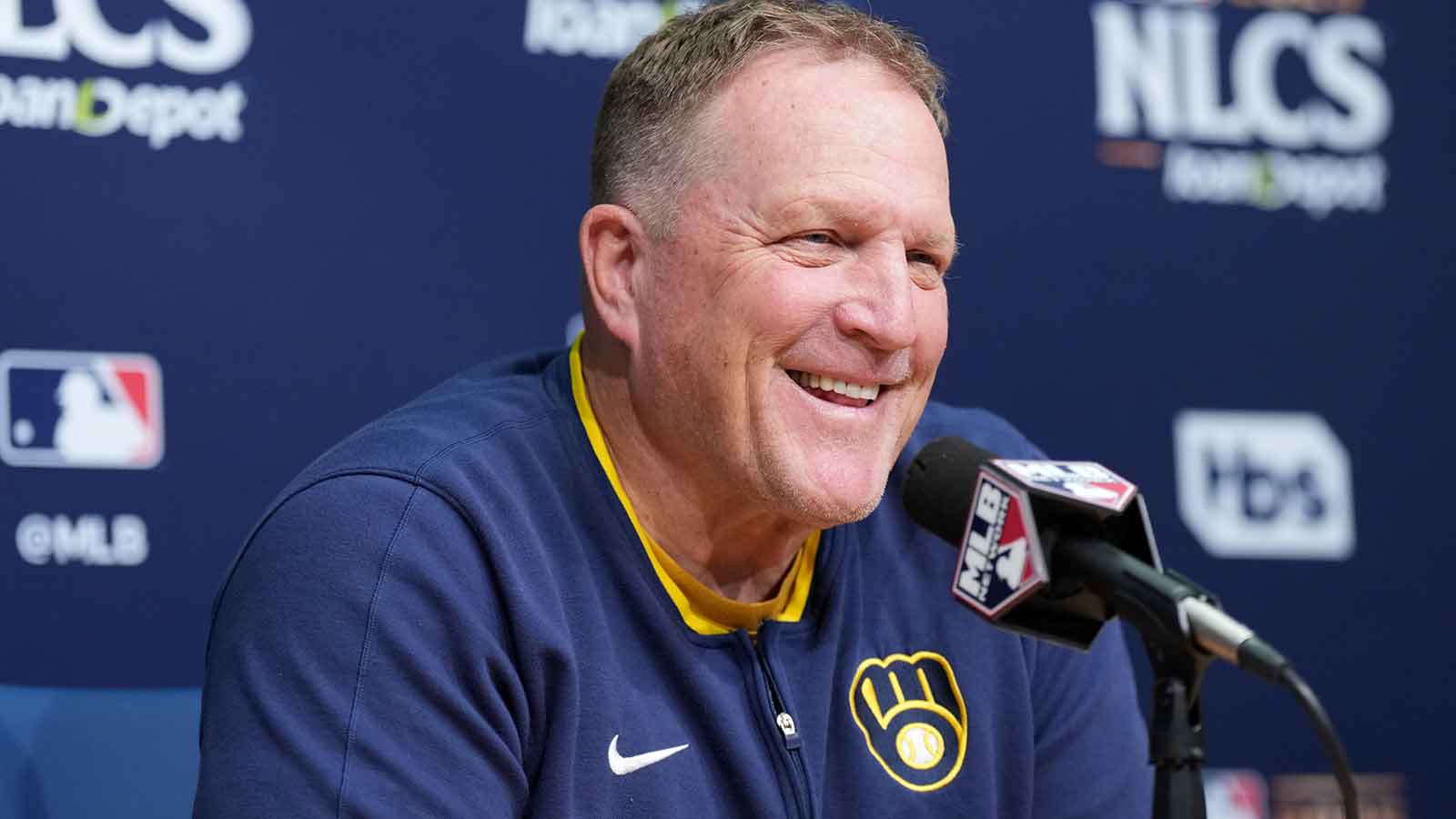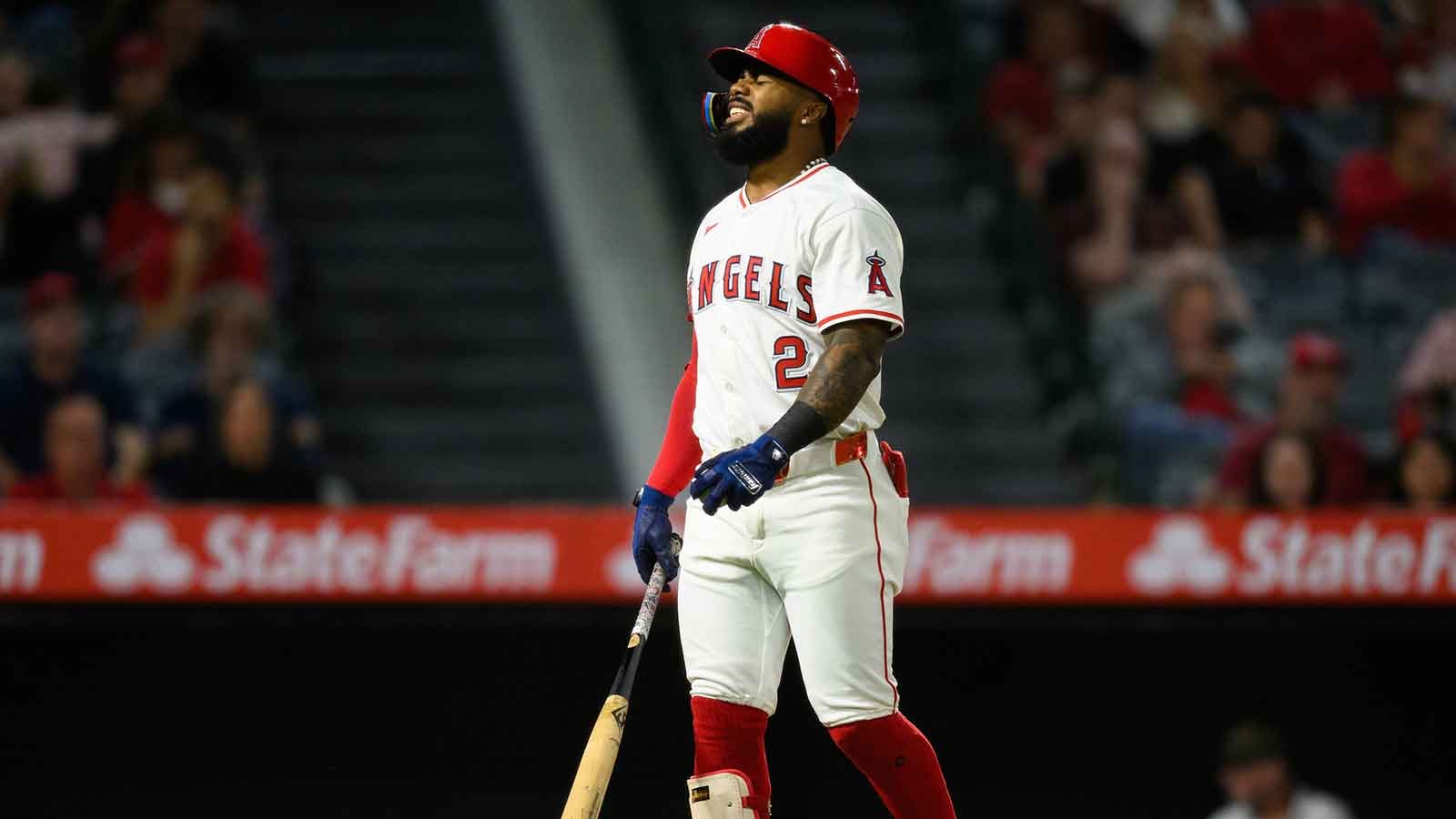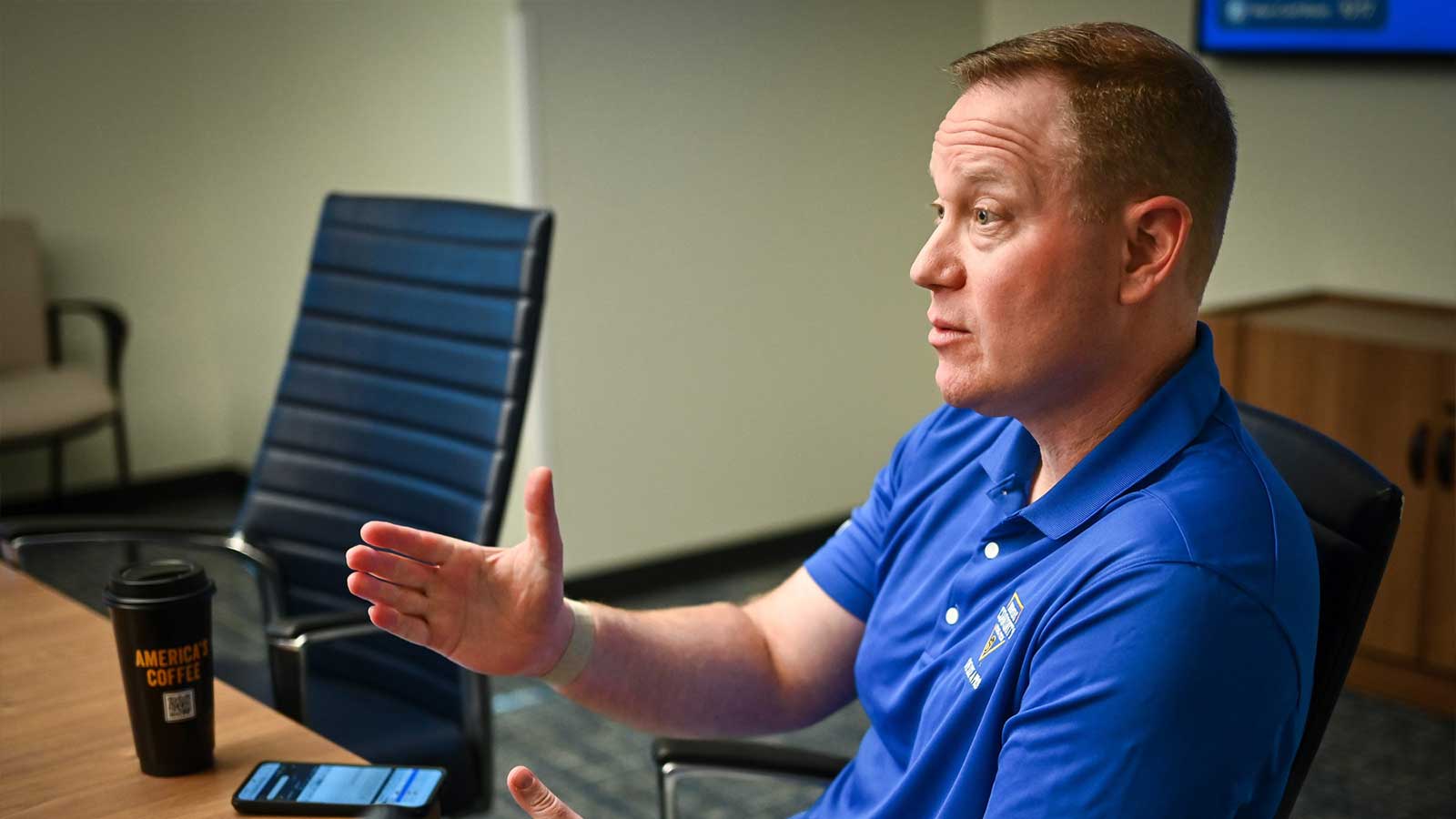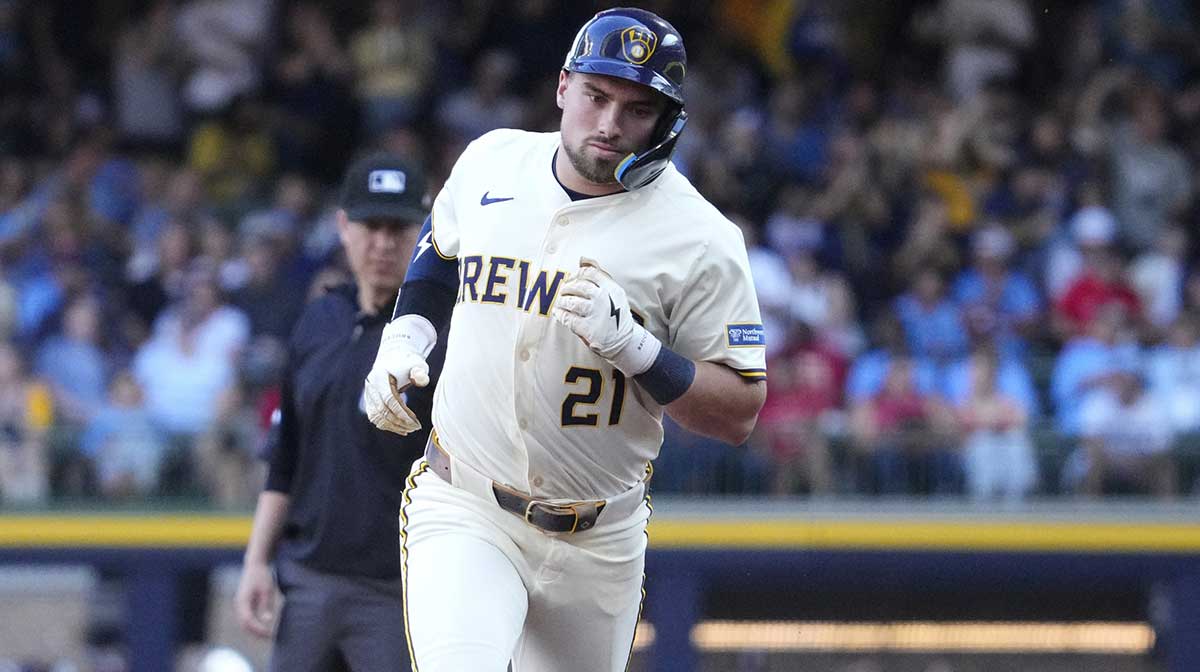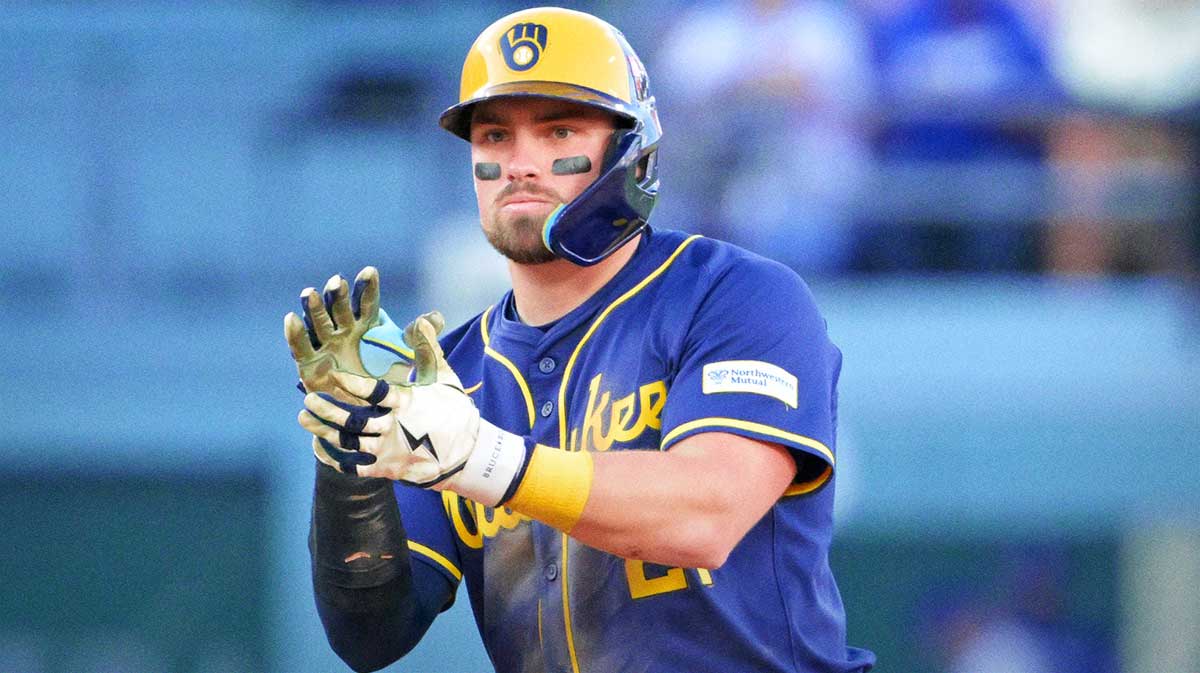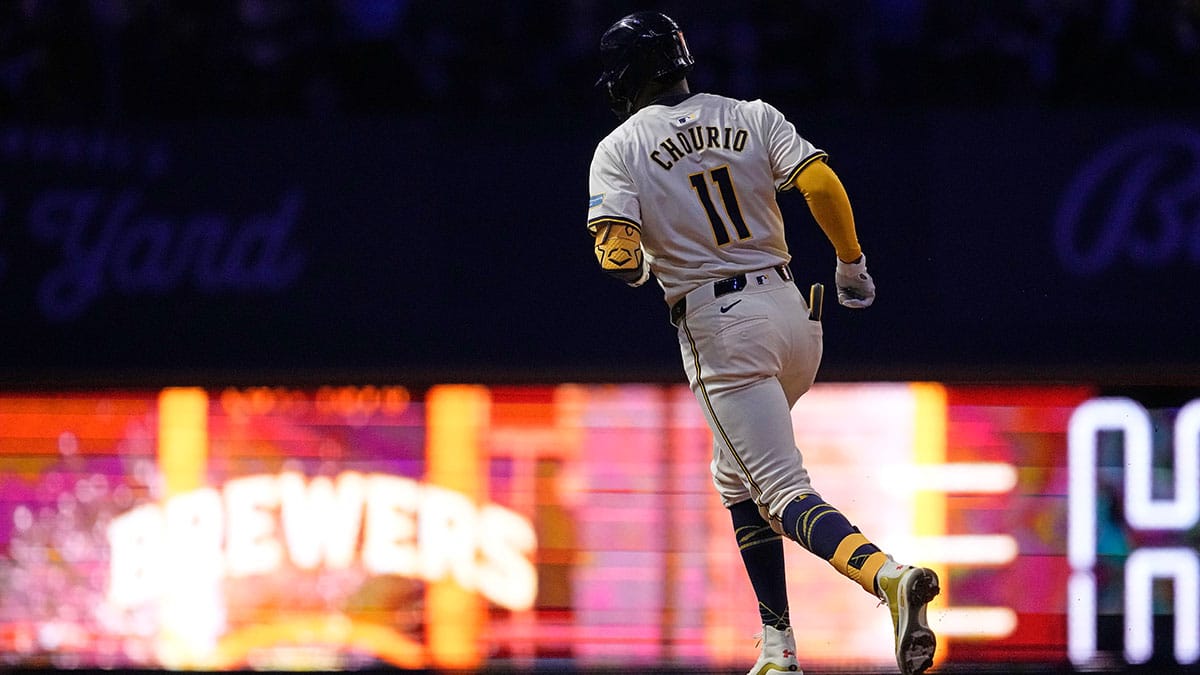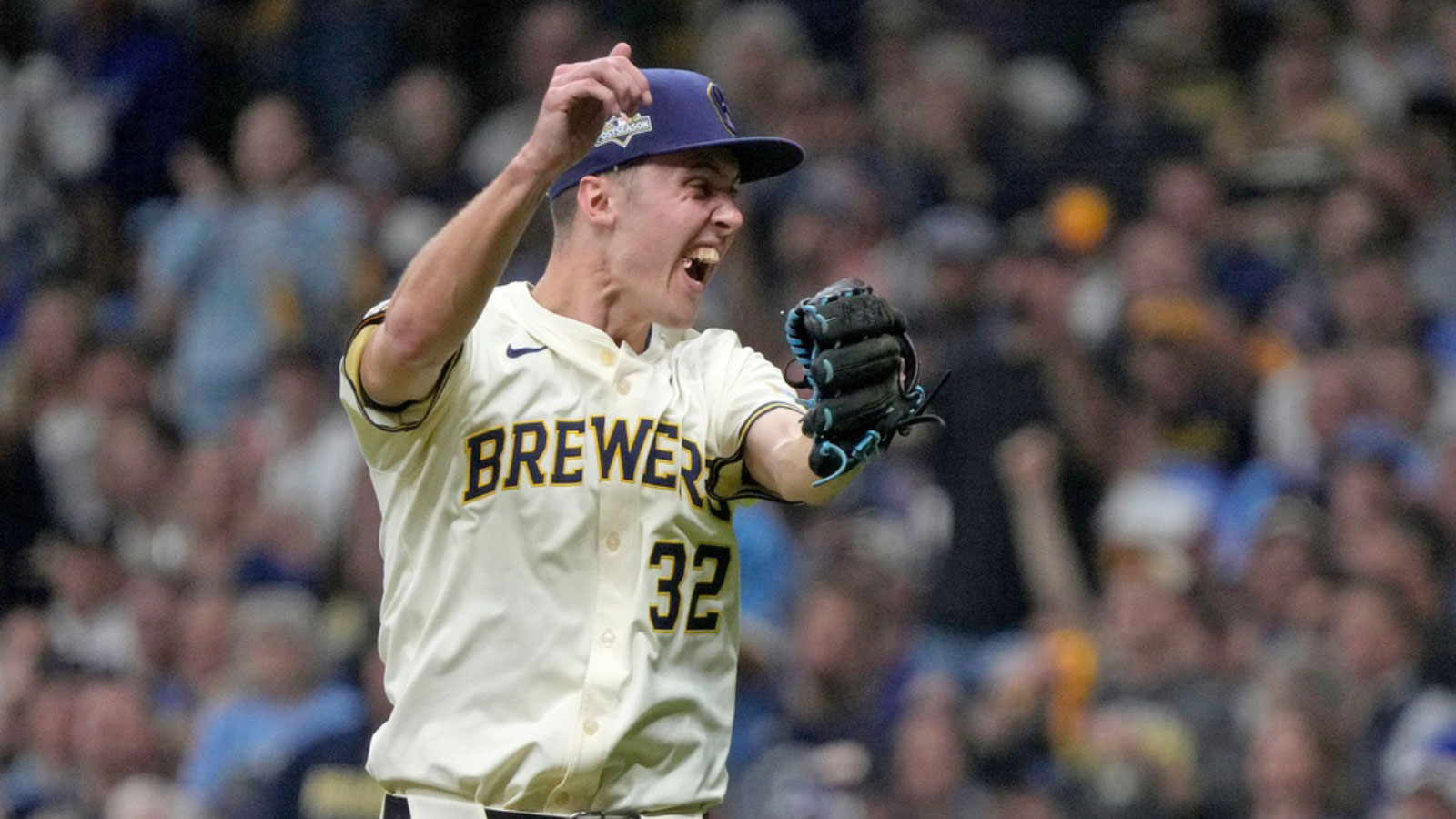Following a disappointing end to the 2022 season in which they fell just short of the playoffs, the Milwaukee Brewers look to right the ship and return to the postseason in 2023. The Brewers have been one of the most consistent teams in Major League Baseball over the last half-decade. Only five teams have more wins than the Brewers since 2018, yet all Milwaukee has to show for it are two division titles and one series win in the postseason.
Last year's 86-win campaign felt more like a look to the future rather than a blip on the radar for the Brewers. With one of the consistently lower payrolls in baseball, combined with a bottom-ten farm system, it's hard to imagine the Brewers keeping a contender together for much longer. Yet, the Brewers have a chance to run the table in a very winnable NL Central if all goes right for them. 2023 could be the last season in a long time where that statement is a fact.
3. Who will be the set-up man out of the bullpen?
Over the last two seasons, the Brewers have had one of if not the best set-up relievers in the league with Devin Williams. With Josh Hader no longer in the picture, Williams now presumably slots in as the Brewers' full-time closer.
The question now looms as to who will replace Williams as the second option in high-leverage, late-inning situations. Two candidates jump out: former No. 1 overall pick Matt Bush, and second-year big leaguer Peter Strzelecki.
Bush is the more experienced option and slotted into the role on a number of occasions following his trade to the Brewers from the Texas Rangers last season. Bush has 55 holds in 205 appearances in his career, including 18 last season.
Strzelecki is the more intriguing option. After making his MLB debut on June 2 last year, Strzelecki struggled out of the gate and was sent back down to the minors after just five appearances. The move paid dividends, as Strzelecki allowed only seven earned runs in 25 appearances after his second promotion to the big leagues. He finished the season with nine straight scoreless outings.
It may end up being a set-up man-by-committee season in the Brewers bullpen, but having multiple options in high-leverage moments is a good problem to have.
2. Will the Brewers be buyers or sellers at the deadline?
This is probably the hardest question to answer when it comes to the Milwaukee Brewers in 2023. It may not have a clear-cut answer until the last day of July.
Milwaukee traded one of the best relievers in baseball, Josh Hader, in the midst of a playoff push last season. This offseason, the Brewers traded away two key pieces of the offense from last season, Kolten Wong and Hunter Renfroe.
On the flip side, the Brewers traded for William Contreras to be their everyday catcher and received veteran outfielder Jesse Winker from the Seattle Mariners as part of the Kolten Wong trade.
If the Brewers stumble early in the season teams will surely be calling for the services of some of Milwaukee's best players, particularly in the pitching staff. Corbin Burnes, Brandon Woodruff and Freddy Peralta all have just two years left of team control, with all three set to hit free agency after the 2024 season. The Brewers could command a lot of capital from teams if they wanted to trade any of those guys this season.
If they're still in the playoff picture, or even leading the division come mid-July, it's hard to imagine the Brewers parting with any of their top arms. Teams will be checking in anyway because that's what good baseball operations departments do. The potential for a full-blown firesale in Milwaukee will be fascinating to watch throughout the season.
1. Which version of Christian Yelich will show up?
It seems like 2023 is a make-or-break season for Christian Yelich. After two monster seasons in 2018 and 2019 that saw Yelich win NL MVP and finish runner-up the next year, the last three seasons have been abysmal for a player of Yelich's caliber.
In 329 games since 2020, Yelich has a .243/.358/.388 slash line with just 35 home runs to boot. To put the home run number into perspective, Yelich hit 36 in 2018 and 44 in 2019.
The power numbers being down aren't terribly surprising considering Yelich's career-high prior to 2018 was 21 homers. The contact numbers being down is what's concerning.
In his first six full seasons in the majors, Yelich had a .302 batting average. Since then, he's hitting for a .243 average (as mentioned before).
In March 2020, Yelich signed a nine-year, $215 million contract extension. If Yelich and the Brewers want to avoid that contract entering the conversation of worst in baseball, he has to find a way back to being at least half of the player he was for the bulk of his career. This season doesn't have to be a repeat of 2018 or 2019 for Christian Yelich, but it certainly cannot be a repeat of 2021 or 2022.

